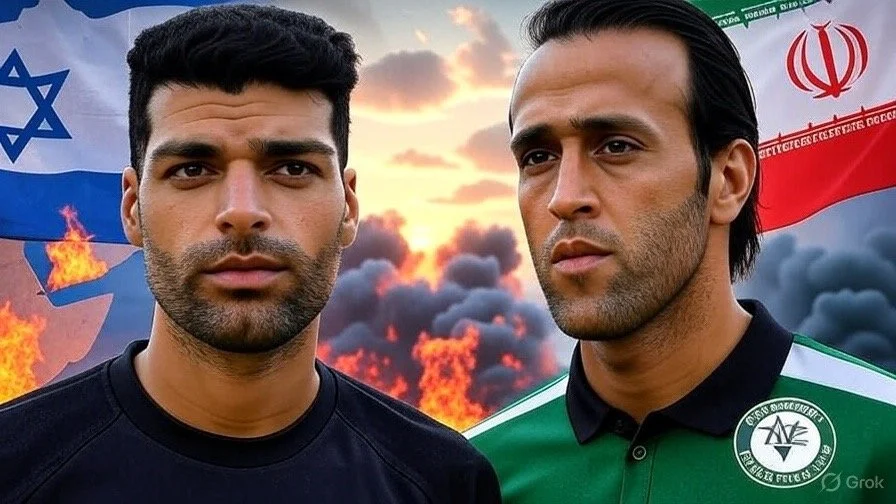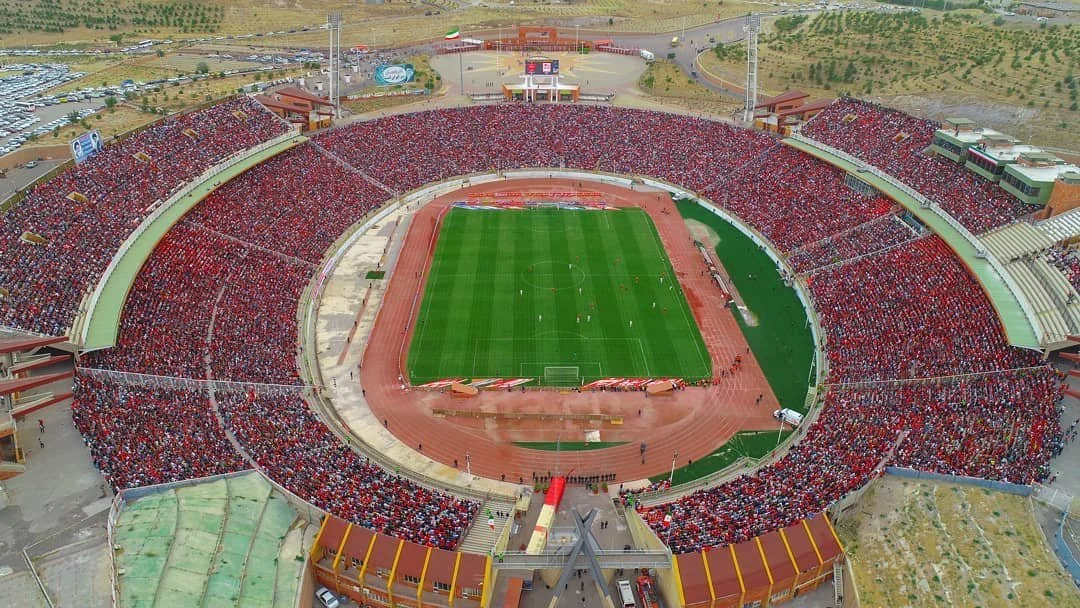There were rare Scenes in Doha on Wednesday evening.
The Asian Football Confederation announced that Saudi club Al-Hilal, the reigning Asian champions, are withdrawn from the 2020 edition of the competition after failing to list 13 players in the lineup for their group stage match against Shabab Al-Ahli Dubai.
Al-Hilal suffers a severe spread of coronavirus in their squad, resulting in the disqualifying 15 players who tested positive. They ended up with a line-up of nine players only with two substitutes - both replacement goalkeepers.
40 minutes to kick-off, Al-Hilal players have not yet taken to the pitch for a warm-up, and the rumour about a possible cancellation of the match started spreading.
Near the opening whistle, an observer from the AFC declined the Saudis’ suggested line-up. When the players were already in the tunnel, the final decision was made and the game was cancelled.
When a Great Idea Faces Coronavirus Reality
At the beginning of September, the AFC Champions League West Zone teams were gathered in Qatar to play a unique format competition. A West Asian Champions League tournament, throughout a whole month of games, to determine who will represent the west side of the continent in the Champions League final.
The idea and the Qatari preparation for the event were supreme. Qatar is working hard in building the 2022 World Cup infrastructure, and this tournament was seen as a sort of rehearsal. Also, with the coronavirus spreading, Qatar was probably the only country in the region who could offer the conditions to keep the delegations from Saudi Arabia, the UAE, Iran, Iraq and Uzbekistan safe, and to test them intensively.
Yet, right from the start problems involving the virus started appearing.
Infected Champions
First, it was Al-Wahda. On September 10, four days before the first ball, the Emirati club announced that several of its players tested positive for COVID-19 and that they won’t travel from Abu Dhabi to Qatar. The AFC called the team’s matches null & void and wrote the incident as a result of “Force Majeure”, meaning no disciplinary action will be taken.
Then the tournament kicked off, and the reigning champions, who just won the Saudi Pro League eight-points clear ahead of arch-rivals Al-Nassr, were starting to catch fire.
Before its first game with Uzbek Pakhtakor, the team announced that six of its players were tested positive, including captain Salman al-Faraj, Mohammad Brik the right-back and veteran Nawaf al-Abed. Yet, the Hilalys fought hard against the Uzbeks and won in the final minutes. For a minute there, it seemed that Al-Hilal was stronger than the pandemic.
But then more players were tested positive, putting the count on 12 infected players. That included Saudi national team star players, Salem Al-Dawsri and Yaser Al-Shahrani, and the two marquee foreign players: Italian playmaker Sebastian Giovinco and French striker Bafetimbi Gomis, last term’s MVP. At this point, 15 Al-Hilal players were positive for COVID-19, some of them literally sick and bedridden.
The Saudi club asked to postpone its next match against Iranian Shahr Khodro. They were without a manager as their Italian coach Stefano Cusin was stuck in Italy after Qatari authorities refused to accept his coronavirus test.
According to this specific competition’s regulations, a club could list 35 players in the squad with a minimum of 13 required for a match. Al-Hilal listed 30 players, but only 27 ended up travelling to Qatar. The AFC rejected Al-Hilal’s requests for delay, handing in two options: play or withdraw.
The Blues called up three players from the under-18 squad to swap for some of their infected players. Somehow, the match ended in a 0-0. They even tried to get Mohammed al-Shalhoub, their retiring captain, to come back to the rescue. He didn’t, but together with the AFC Champions League’s pre-pandemic results, Al-Hilal was leading the group with 11 points, and already qualified for the knockouts.
But then, things on the medical side got even worse. The number of infected members in Al-Hilal’s delegation rose to over 20, and the club asked to postpone the final match of the group stage against Shabab Al-Ahli Dubai. It all went downhill from there, resulting in this article’s headline.
Regulation vs Innovantion?
It was not an easy day for Asian football as a whole.
It does not look good when betting companies are taking down a match from their lines; It does not look good when the champions of Asia are publishing a line-up with nine players, as a protest against the federation; It is not a good look to see a game gets cancelled when the players are already in the tunnel. It’s a sad view to see the champions of Asia go home after they literally lost to the coronavirus. We were hoping that football could triumph over the pandemic.
Al-Hilal fans are furious, and rightfully so; Yet, many questions remain to be asked.
Was there room for the AFC to show some flexibility given the circumstances? Or would it be unfair for Al-Wahda who already had to withdraw? Was Al-Hilal’s move the best one possible?
It seems that Al-Wahda’s case and Al-Hilal’s case are different, as the Emirati haven't played and weren’t present ‘on-ground’. The problem was well known for a few days before the match and could have been treated in a much more delicate and befitting way. Meanwhile, it’s worth to be aware of the dangerous precedent that such compromises on regulations can create later on in the tournament.
Al-Hilal’s official response included their version for the events:
The situation created was ridiculous, but it is hard to analyse it differently. In 2014 Al-Hilal fans went against the AFC after a bad call by a referee in the final. The discussion about who’s right continues up to this day.
It seems that the feud between one of the biggest clubs in Asia to the Asian football confederation in 2020, will be even harder.
One thing is sure: this is the craziest clash between coronavirus and football we’ve seen so far.




